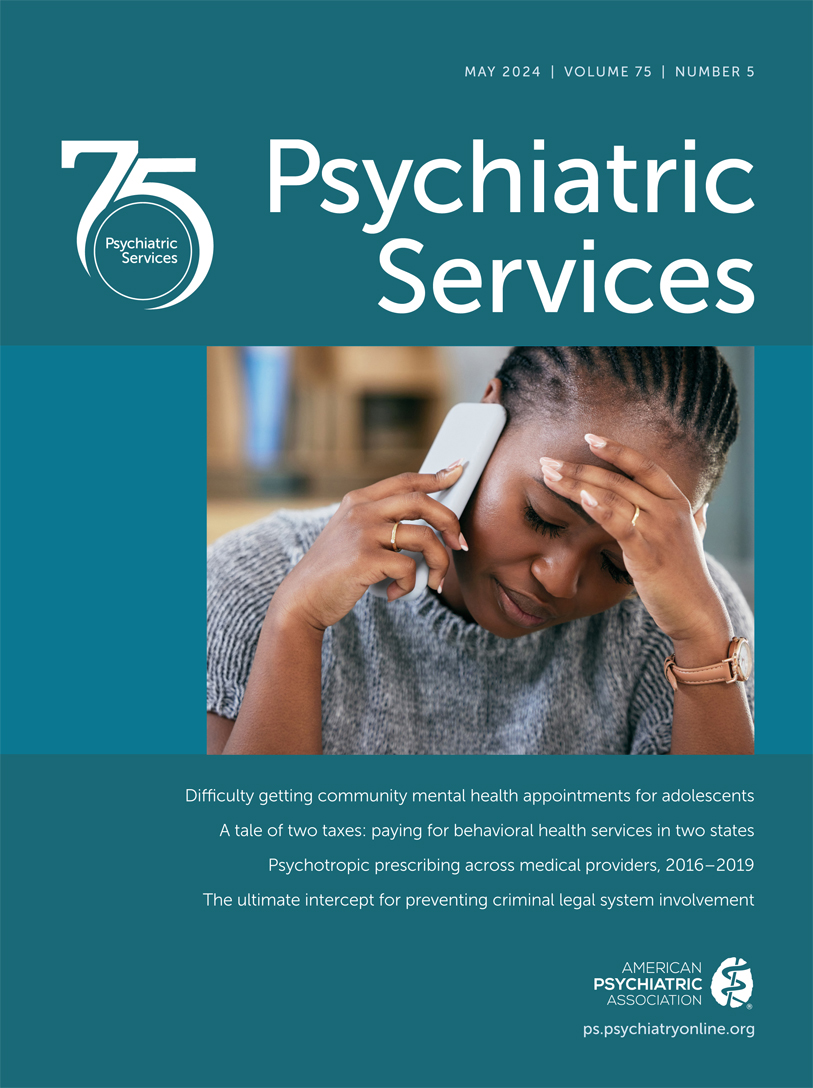Abstract
Objective:
The authors examined whether machine-learning models could be used to analyze data from electronic health records (EHRs) to predict patients’ responses to antidepressant medications.
Methods:
EHR data from a Washington State health system identified patients ages ≥13 years who started an antidepressant medication in 2016 in a community practice setting and had a baseline Patient Health Questionnaire–9 (PHQ-9) score of ≥10 and at least one PHQ-9 score recorded 14–180 days later. Potential predictors of a response to antidepressants were extracted from the EHR and included demographic characteristics, psychiatric and substance use diagnoses, past psychiatric medication use, mental health service use, and past PHQ-9 scores. Random-forest and penalized regression analyses were used to build models predicting follow-up PHQ-9 score and a favorable treatment response (≥50% improvement in score).
Results:
Among 2,469 patients starting antidepressant medication treatment, the mean±SD baseline PHQ-9 score was 17.3±4.5, and the mean lowest follow-up score was 9.2±5.9. Outcome data were available for 72% of the patients. About 48% of the patients had a favorable treatment response. The best-fitting random-forest models yielded a correlation between predicted and observed follow-up scores of 0.38 (95% CI=0.32–0.45) and an area under the receiver operating characteristic curve for a favorable response of 0.57 (95% CI=0.52–0.61). Results were similar for penalized regression models and for models predicting last PHQ-9 score during follow-up.
Conclusions:
Prediction models using EHR data were not accurate enough to inform recommendations for or against starting antidepressant medication. Personalization of depression treatment should instead rely on systematic assessment of early outcomes.
Access content
To read the fulltext, please use one of the options below to sign in or purchase access.- Personal login
- Institutional Login
- Sign in via OpenAthens
- Register for access
-
Please login/register if you wish to pair your device and check access availability.
Not a subscriber?
PsychiatryOnline subscription options offer access to the DSM-5 library, books, journals, CME, and patient resources. This all-in-one virtual library provides psychiatrists and mental health professionals with key resources for diagnosis, treatment, research, and professional development.
Need more help? PsychiatryOnline Customer Service may be reached by emailing [email protected] or by calling 800-368-5777 (in the U.S.) or 703-907-7322 (outside the U.S.).



